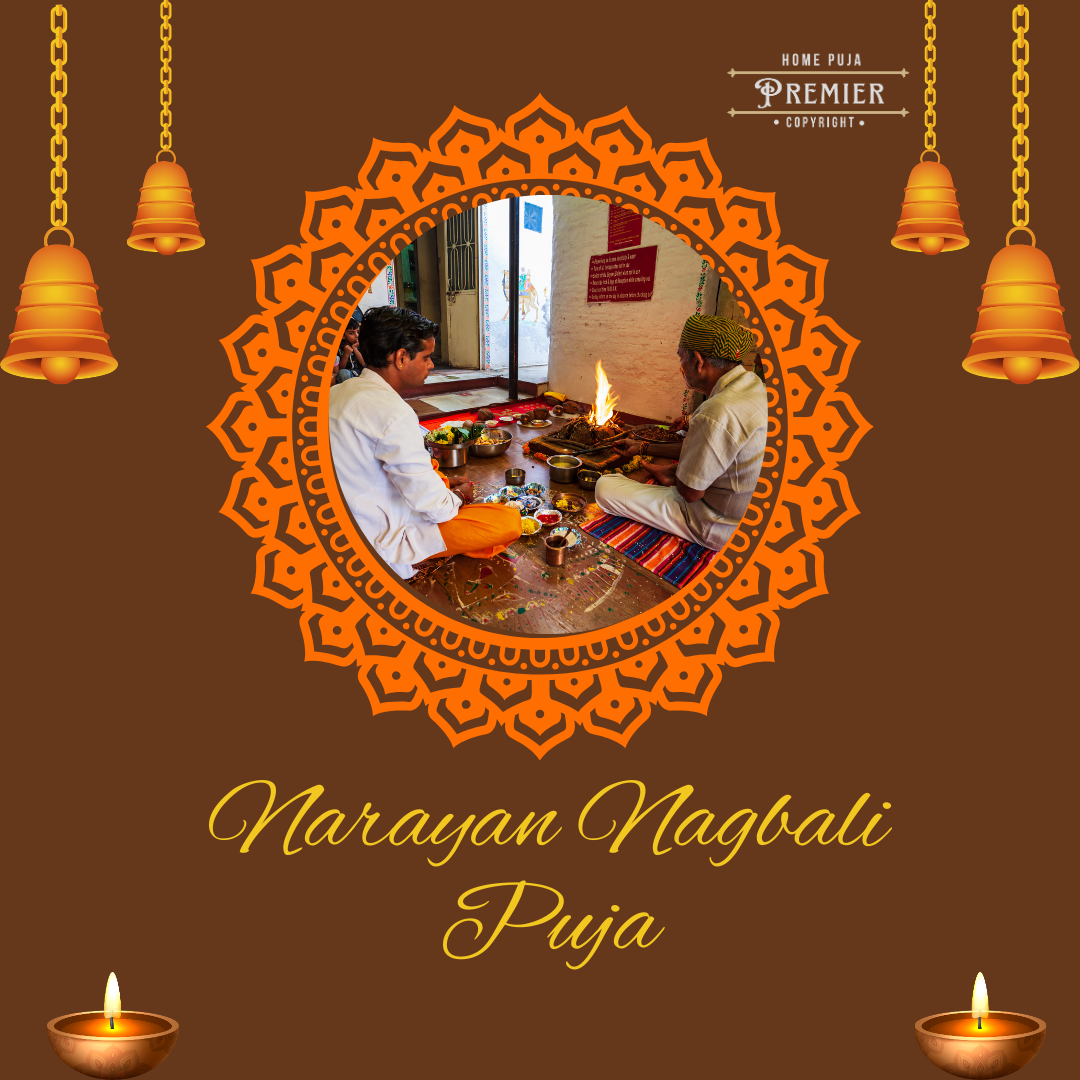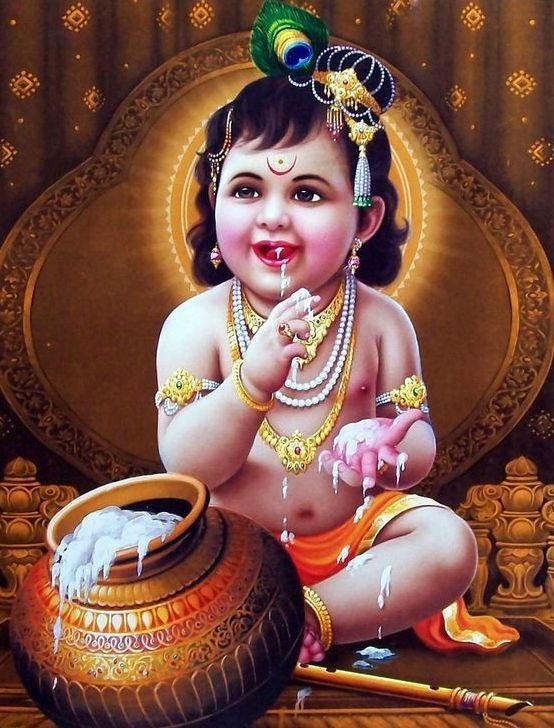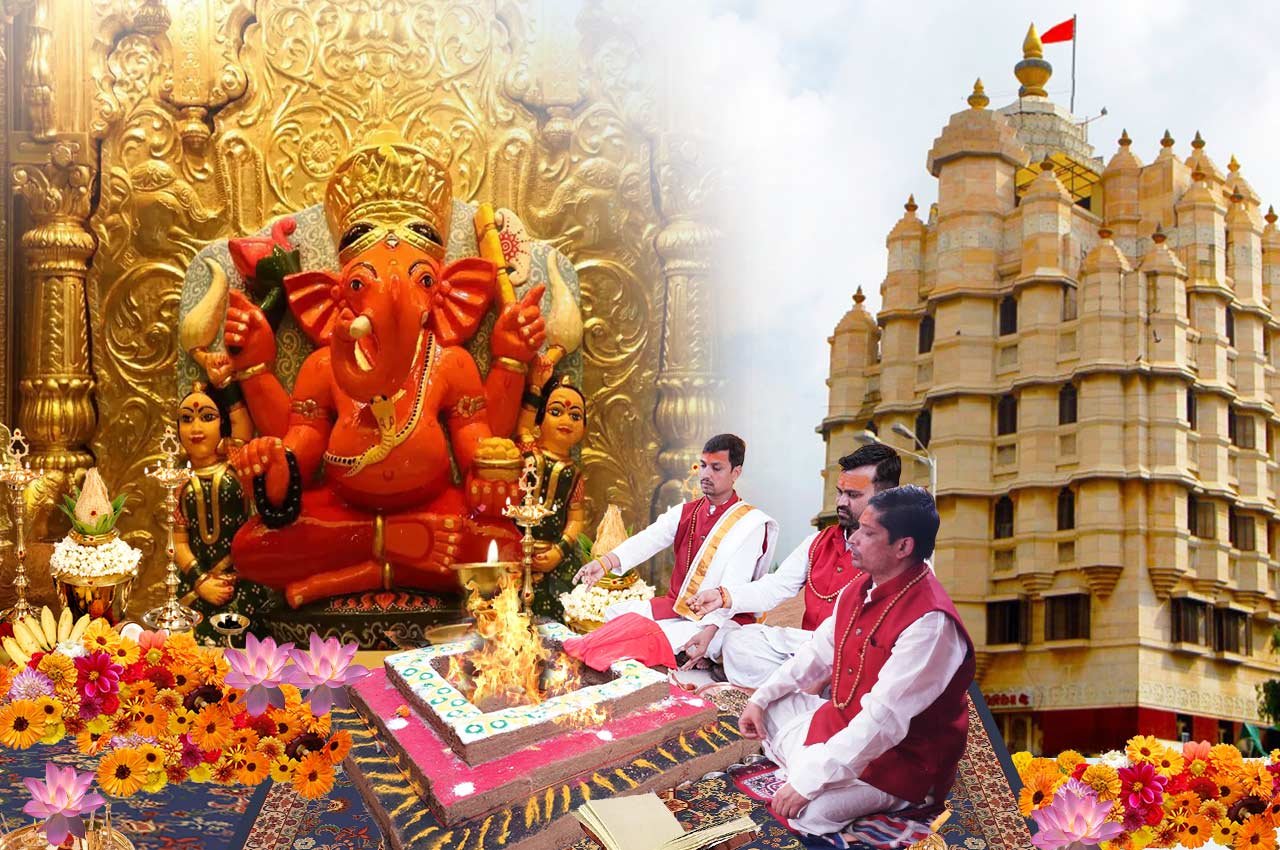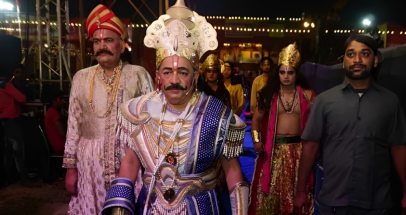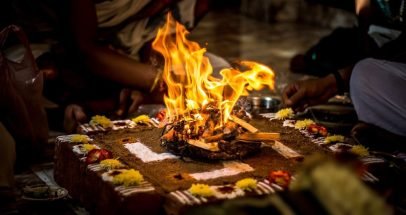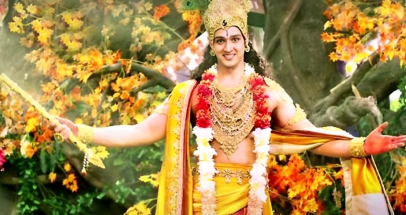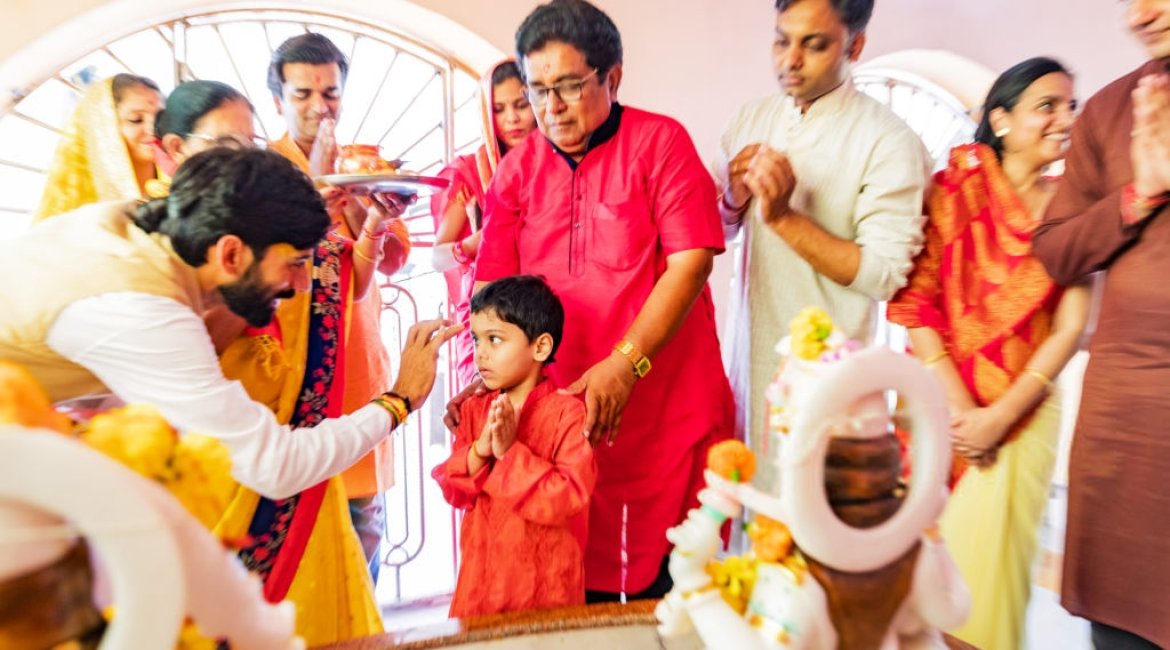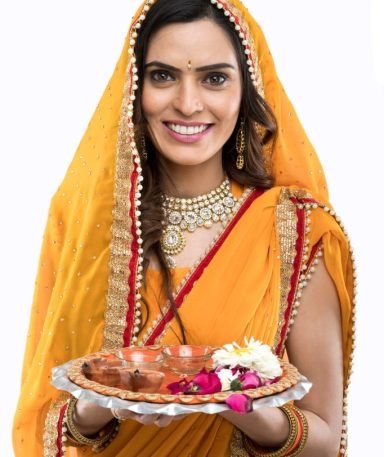In the bustling city of Delhi, amidst the daily hustle and bustle, finding the right pandit for conducting puja ceremonies can be a daunting task. Enter Home Puja, your trusted partner in spiritual endeavors. With a commitment to tradition and a dedication to excellence, Home Puja offers a seamless platform to book pandits for various rituals and ceremonies in Delhi. Whether it’s a Havan, Jaap, Katha, or any other auspicious event, we ensure that your spiritual journey is guided by experienced and knowledgeable pandits. Let’s explore how Home Puja can enhance your puja experience in Delhi.

Pandit for Puja, Havan, Jaap, and Katha Services in Delhi:
At Home Puja, we understand the significance of rituals and ceremonies in maintaining spiritual harmony and fostering divine blessings. Our platform connects you with experienced pandits who specialize in conducting various pujas, havans, jaaps, and kathas according to Vedic traditions. Whether you’re celebrating a festival, embarking on a new journey, or seeking divine intervention for prosperity and well-being, our pandits ensure that every ceremony is conducted with utmost reverence and devotion.

Book a Pandit for Havan in Delhi:
Havan, a sacred fire ritual performed to invoke divine blessings and purify the surroundings, holds immense significance in Hindu tradition. With Home Puja, booking a pandit for havan in Delhi is quick and hassle-free. Simply browse through our list of experienced pandits, select your preferred date and time, and leave the rest to us. Our pandits arrive punctually, equipped with all the necessary samagri (ritualistic items), to conduct the havan ceremony with precision and devotion.
Pandit Booking Service in Delhi – Quick and Easy:
At Home Puja, we understand the value of your time and strive to make the pandit booking process as seamless as possible. Our user-friendly platform allows you to browse through a curated selection of pandits, filter them based on your specific requirements, and book your preferred pandit in just a few clicks. Whether you’re planning a puja at home, office, or any other location in Delhi, our pandit booking service ensures a hassle-free experience from start to finish.
Book a Pandit for Festival Pujas in Delhi:
Festivals are a time for celebration, devotion, and spiritual rejuvenation. With Home Puja, you can enhance your festive celebrations by booking experienced pandits for puja ceremonies in Delhi. Whether it’s Diwali, Navratri, Ganesh Chaturthi, or any other auspicious occasion, our pandits conduct traditional pujas with sincerity and authenticity, infusing your festivities with divine blessings and positivity.
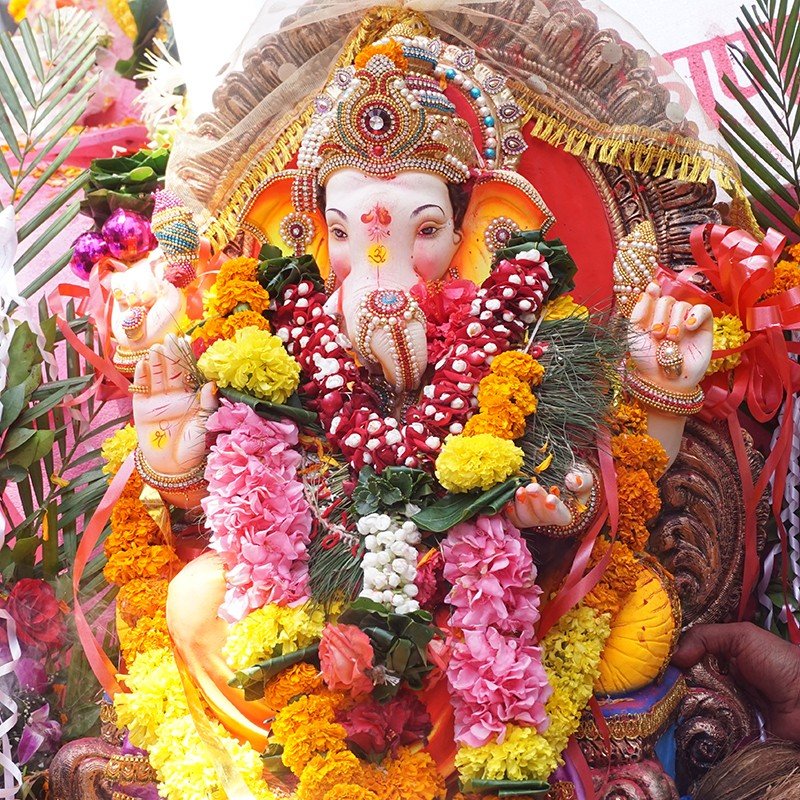
Reliable and Best Pandits for Path Puja in Delhi:
Path puja, also known as recitation of sacred texts or scriptures, is performed to seek divine blessings and spiritual enlightenment. Home Puja offers a roster of reliable and best pandits for path puja in Delhi, who are well-versed in Vedic scriptures and proficient in conducting path ceremonies with precision and devotion. Whether you’re seeking blessings for yourself, your family, or a special occasion, our pandits ensure that the path puja is performed with utmost sincerity and reverence.
Top Pandit for Grihpravesh Puja in Delhi:
Grihpravesh, the auspicious ceremony of entering a new home, is a significant milestone in one’s life journey. At Home Puja, we understand the importance of this occasion and offer the services of top pandits for grihpravesh puja in Delhi. Our experienced pandits perform the grihpravesh puja according to Vedic rituals and traditions, invoking divine blessings for peace, prosperity, and harmony in your new abode.
Book Online Pandits for Vastu Shanti Puja in Delhi:
Vastu Shanti puja, performed to appease the gods and ensure harmony with the cosmic energies, is essential before moving into a new home or commencing any construction project. Home Puja simplifies the process of booking online pandits for Vastu Shanti puja in Delhi. Our experienced pandits conduct the puja with meticulous attention to detail, adhering to Vastu principles and guidelines to promote positive energy and well-being in your living space.

Pandit Booking Service in Delhi for Mantra Jaap Vidhi Services:
Mantra Jaap, the repetition of sacred chants or mantras, is a powerful spiritual practice that purifies the mind, body, and soul. Home Puja offers a comprehensive pandit booking service in Delhi for mantra jaap vidhi services. Whether you’re seeking divine blessings, spiritual guidance, or inner peace, our experienced pandits conduct mantra jaap ceremonies with devotion and sincerity, helping you connect with the divine on a deeper level.
Conclusion:
In the vibrant city of Delhi, where tradition meets modernity, Home Puja serves as your trusted companion in spiritual endeavors. Whether it’s a puja, havan, jaap, or katha, our platform connects you with experienced pandits who uphold the sanctity of Vedic traditions and ensure that every ceremony is conducted with utmost reverence and devotion. Experience the joy of seamless pandit booking and elevate your spiritual journey with Home Puja.Top of Form



